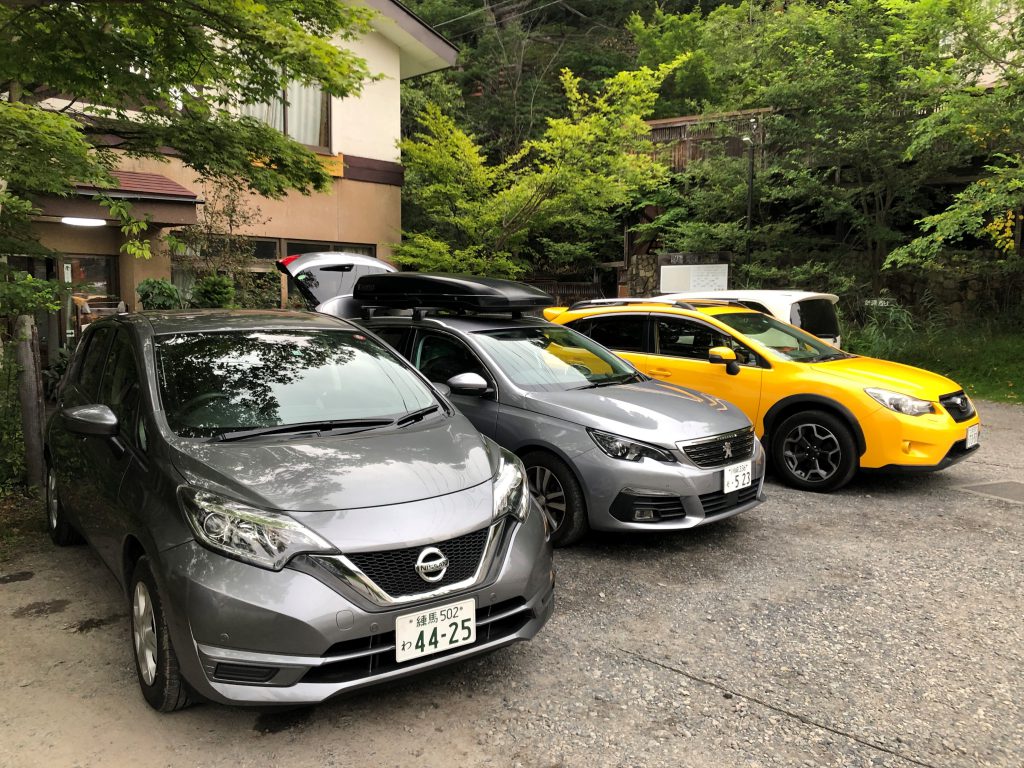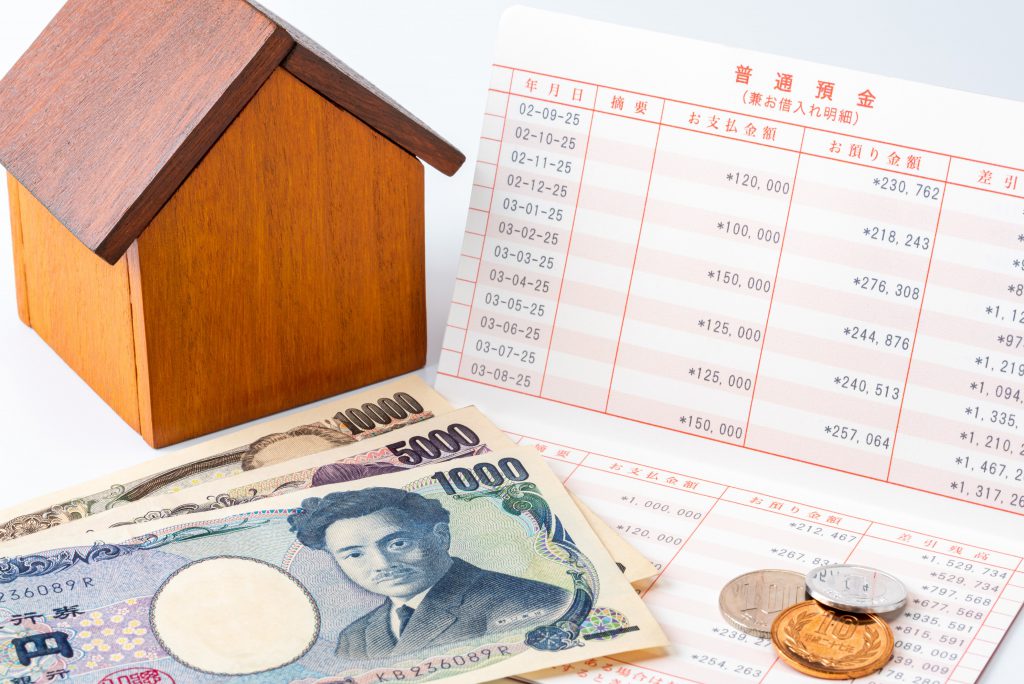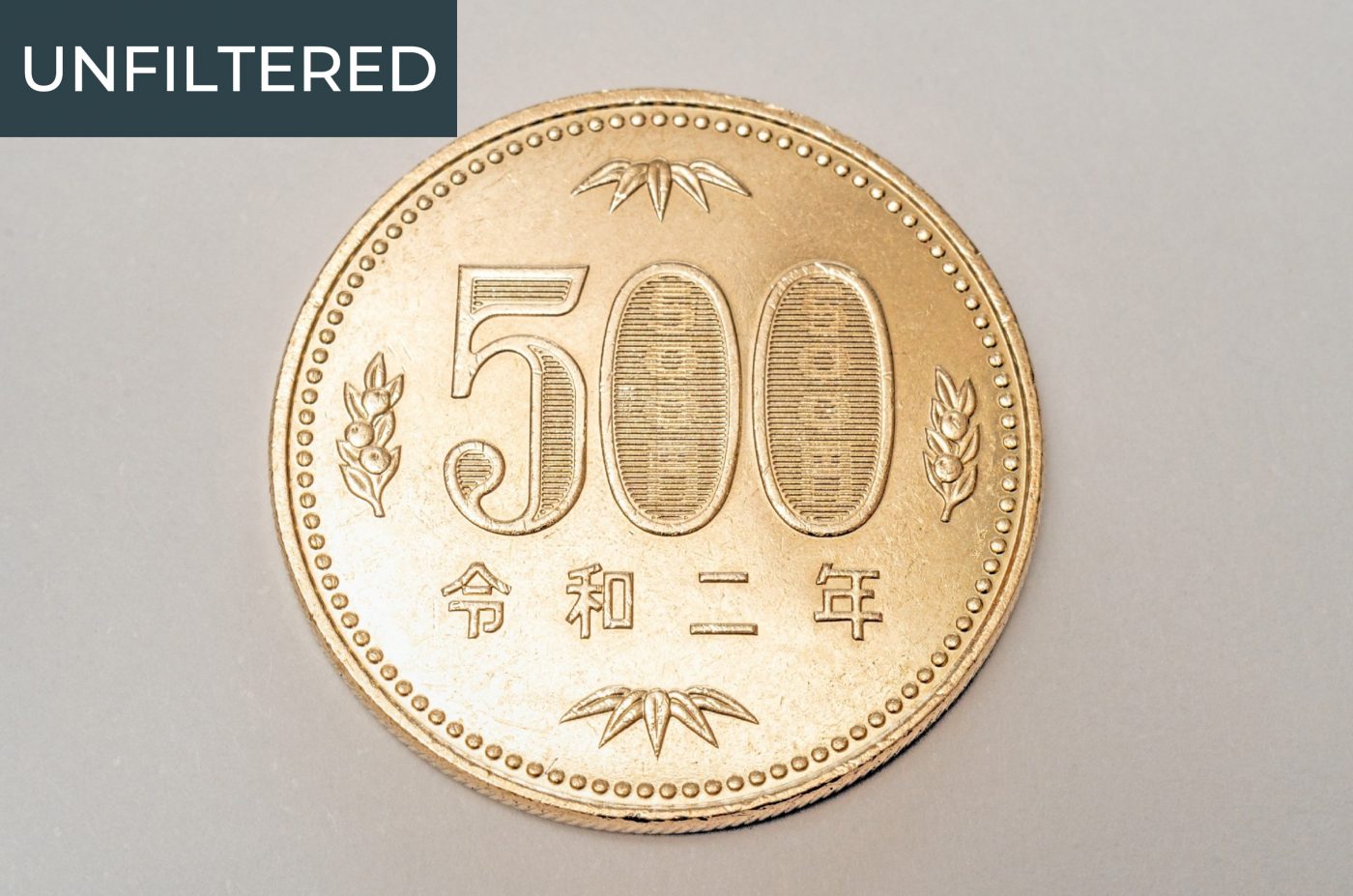When moving to a new country, it’s important to pay attention to your expenses and reconsider your spending habits. However, doing so is easier said than done, depending on where you’re from. That’s exactly what we are going to explore in our latest roundtable discussion.
For this special edition of Kokoro Media Unfiltered, we’re proud to welcome Alex Ehret, a Tokyo-based writer and university lecturer, as a guest commentator. Learn more about Alex and the Kokoro Media team in our bios at the end of the article.
Transportation Costs

Anthony: Let’s talk about money matters—how our spending habits have changed after moving abroad. Probably the biggest change in my life was transportation costs. Coming from Southern California, it was hard to do anything without a car. When I came to Tokyo, I gave up on car ownership which eliminated monthly loan, gasoline, and insurance payments. Using public transportation, in Tokyo at least, is much cheaper and more convenient than owning and maintaining a car.
Aree: My transportation costs actually increased because public transportation in the Philippines is really cheap. For example, here in Tokyo the cheapest train or subway ticket costs around 160 to 180 yen, depending on the line. However, in the Philippines, it would only cost around 20 Philippine peso which is like 50 cents in US dollars.
Amelie: I had the same experience as Aree. Although French public transportation is not as cheap as in the Philippines, it’s still cheaper than in Japan. This is especially because in Japan, the farther you go on the train, the more expensive the price becomes. However, most of the time in France, it’s a fixed price. The exception being Paris, which has three or four zones.
Anthony: So far, it looks like I’m outnumbered two to one. Ayane and Alex, how about you two?
Alex: I definitely save money on transportation. I have the same experience as you. Having a car can be expensive. When I lived in Minnesota, I was probably spending somewhere around $600 a month on gas, insurance, and car payments.
Ayane: In Australia, everything is really expensive, including transportation. In Japan, public transportation is cheaper. However, taxis are more expensive here. In Australia, you can use UBER which is cheaper than Japanese taxis. They are so expensive that I only use them once or twice a year.
Anthony: Yeah, taxis are the last resort here for many of us. It’s always preferable to use a bus, take a train, or walk.
Medical Expenses
Anthony: So what other expenses differ from your home country?
Alex: As an American, healthcare is a big one. I’m sure it depends on your situation, but I remember getting an MRI done on my wrist here in Japan. This was preventative, so it wasn’t covered by health insurance. However, it still only cost 8,000 yen. In the US this would have cost over 1,000 dollars without insurance. That was really shocking to me.
Amelie: We have a similar public health insurance system in France. And I think the cost is similar to what we pay in Japan. So I don’t have this big culture shock that Americans do, but it’s something I’ve heard a lot from several people from various different countries.
Aree: Generally Japan is more expensive than in the Philippines, so I would say that I do spend a lot more on health here. However, its money that I am willing to spend because I know that health care in Japan is better than what we have in the Philippines. I don’t have any complaints about that, with or without insurance.
Spending Habits: Fashion and Food
Anthony: Aree, you said that life in Japan is more expensive, but I imagine that your salary is also higher to compensate for that. With this in mind, have your spending habits changed since moving to Japan?
Aree: Yeah, now I keep track of my expenses and keep a budget so I only spend within my means. When I lived in the Philippines, this wasn’t something I was worried about.
Ayane: I think I’m spending more money in Japan compared to Australia, especially when it comes to fashion. Japanese people tend to worry about their appearance, so I feel like I need to wear good clothes, care about my hair, and so on.
Anthony: That’s a good point. Coming from California, which is pretty laid back, my upfront clothing costs in Japan—stocking up on suits, for example—were higher. However, if I take good care of the suits I wear every day, my overall clothing expenses haven’t changed much in the long term. I only needed casual clothes for the weekend. Of course, things are different now that I work remotely due to the pandemic. Anyway, are there any other thoughts on spending habits?
Amelie: The way I spend money on food has changed a lot. In France, most of the time people eat at home a lot. If they eat at work, they bring lunch boxes with homemade food and they don’t eat out so often. Restaurants in France can be expensive, even if you’re just going to a small cafe or casual restaurant. However, here in Japan, people tend to eat out a lot, and it’s affordable to do so. You can eat something nice for less than 1,000 yen.
Anthony: I can relate to that, but before I end up saying something embarrassing about my eating habits, I’ll let Alex speak on the America-to-Japan experience.
Alex: I feel like it’s a similar situation back in the US. I would cook a lot of my meals at home because I could buy more in bulk, and it was cost effective to do so. Going out to eat was more of a special occasion. On top of that, when I would socialize with my friends, I would just have them come over to my house. I don’t know if that’s true for you, Anthony…
Anthony: Whenever I was living near my friends—absolutely. We would go out on weekends, but we didn’t have the izakaya [Japanese-style pub] or nomikai [drinking party/gathering] culture that’s prevalent here. Ayane and Aree, how about your experiences?
Ayane: I avoided restaurants in Australia because food was really expensive. It cost between 15 and 30 dollars for lunch. So I always had lunch and dinner at home. However, in Japan we have lots of casual restaurants that offer lunch for under 1,000 yen [about nine dollars]. So once I returned to Japan, I started going out to lunch with my friends a lot.
Aree: Here in Japan, I try not to eat out as much. In the Philippines I could probably go out to eat three times a day. This is because you can get good food for affordable prices. You could survive a whole week eating out, if you wanted to.
Anthony: Wow! I like the sound of that. I might have to consider living in the Philippines…
Housing Expenses

Anthony: Let’s talk about rent. If I were to live in Los Angeles instead of Tokyo my rent would be about the same. However, if you look at price per square foot, I’m getting a lot less here in Tokyo. So, on the books, my rent expense isn’t much different. But if you factor in how much space I get for my money, I feel that I’m paying a lot to live in Tokyo. How does this compare to your experiences?
Alex: My experience is similar. When I left Minnesota, I was paying about $900 a month for rent, and that was in a somewhat inconvenient area. When I moved to Japan, I paid about the same amount, but the convenience factor was higher—I was closer to everything that I needed. Even though everything was close by, my neighborhood was still quiet. So, I was paying the same rent, but the quality of life was higher, despite having less space.
Anthony: That’s a good point. We lose physical space, but there is value in being so close to everything and having a quality place to live in a safe, quiet neighborhood.
Amelie: Well, my rent has increased. However, I should say that I’m not from Paris. I’m from a smaller city in France, so the rent is way cheaper there. My first Tokyo apartment was double the price of the place I used to live in and was about the same size. I knew that would be the case before coming here. According to my friends, the rent prices in Paris are more or less the same as in Tokyo.
Anthony: Aree and Ayane, what are your thoughts?
Aree: I don’t have renting experience in the Philippines because I lived with my parents when I was there. According to my friends, rent is obviously more expensive in Japan, especially considering the amount of space that you get.
Anthony: Relative to your income, do you feel that what you get for what you pay is reasonable?
Aree: I think it’s reasonable. As you mentioned earlier, even though it’s more expensive for a smaller amount of space, there’s value in the convenience factor.
Ayane: I found Japan to be cheaper. I was paying around 700 dollars a month for rent, but I was living in a small, shared house—two people per room. Four people shared a kitchen and bathroom. For that kind of money, you could at least live in your own space in Japan.
Final Thoughts
Anthony: Before we wrap up, I’d like to tell our readers to continue to research the cost of living in Japan. This discussion is a good start, but there are more opinions out there. As with life in general, it’s a good idea to be prepared by saving even more money than you think you’ll need, just to account for any surprises.





